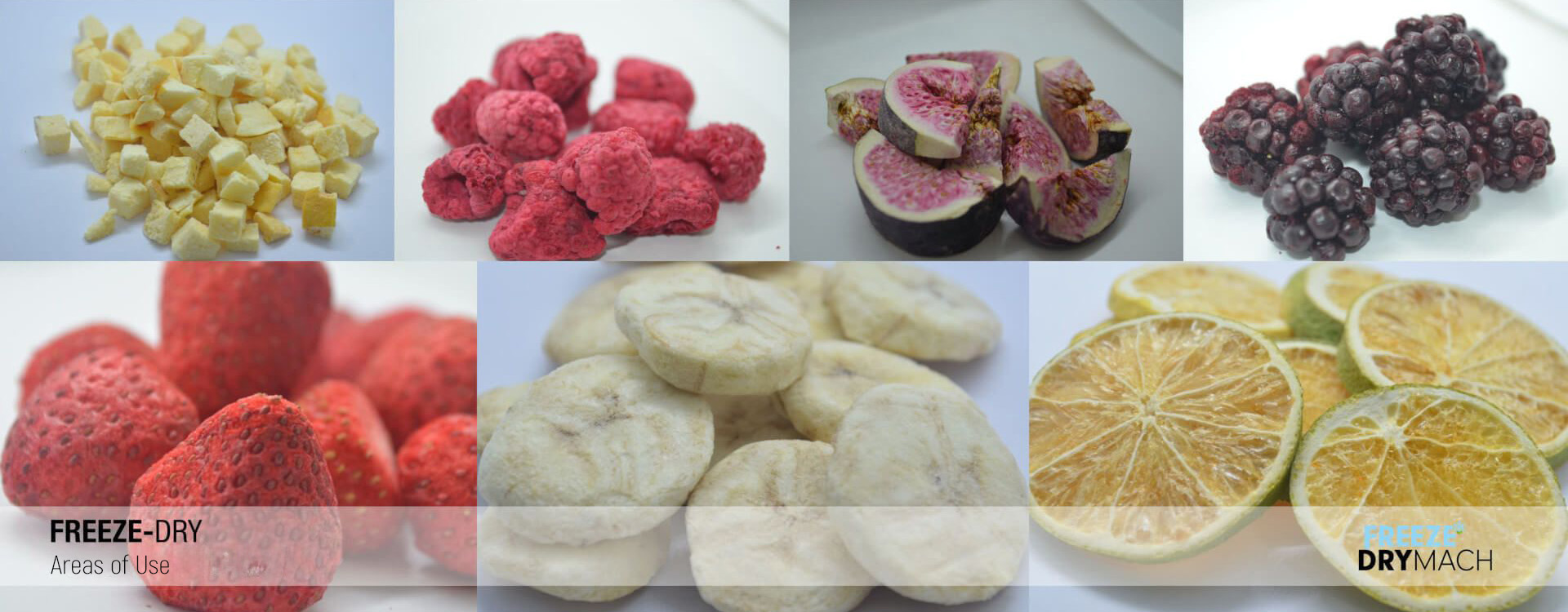
Lyophilization or freeze-drying is a low-temperature dehydration process that involves freezing the product, reducing the pressure, and then removing the frozen water from the product by sublimation. Freeze drying is in contrast to most conventional drying methods, which remove water from the product using heat.
Due to the low temperature used during freeze drying, the process results in a high quality product and the original shape of the product is preserved. Primary application areas of freeze drying include biological (eg bacteria and yeasts), biomedical (eg surgical transplants), food processing (eg coffee), food conservation areas and museum recovery (eg preservation of water content such as books, wood, archaeological products, etc.).
Lyophilization is derived from the Greek term 'solvent-loving-liquid-attracting' lyophilization and refers to the ability of a dry product to rehydrate at a high level.



